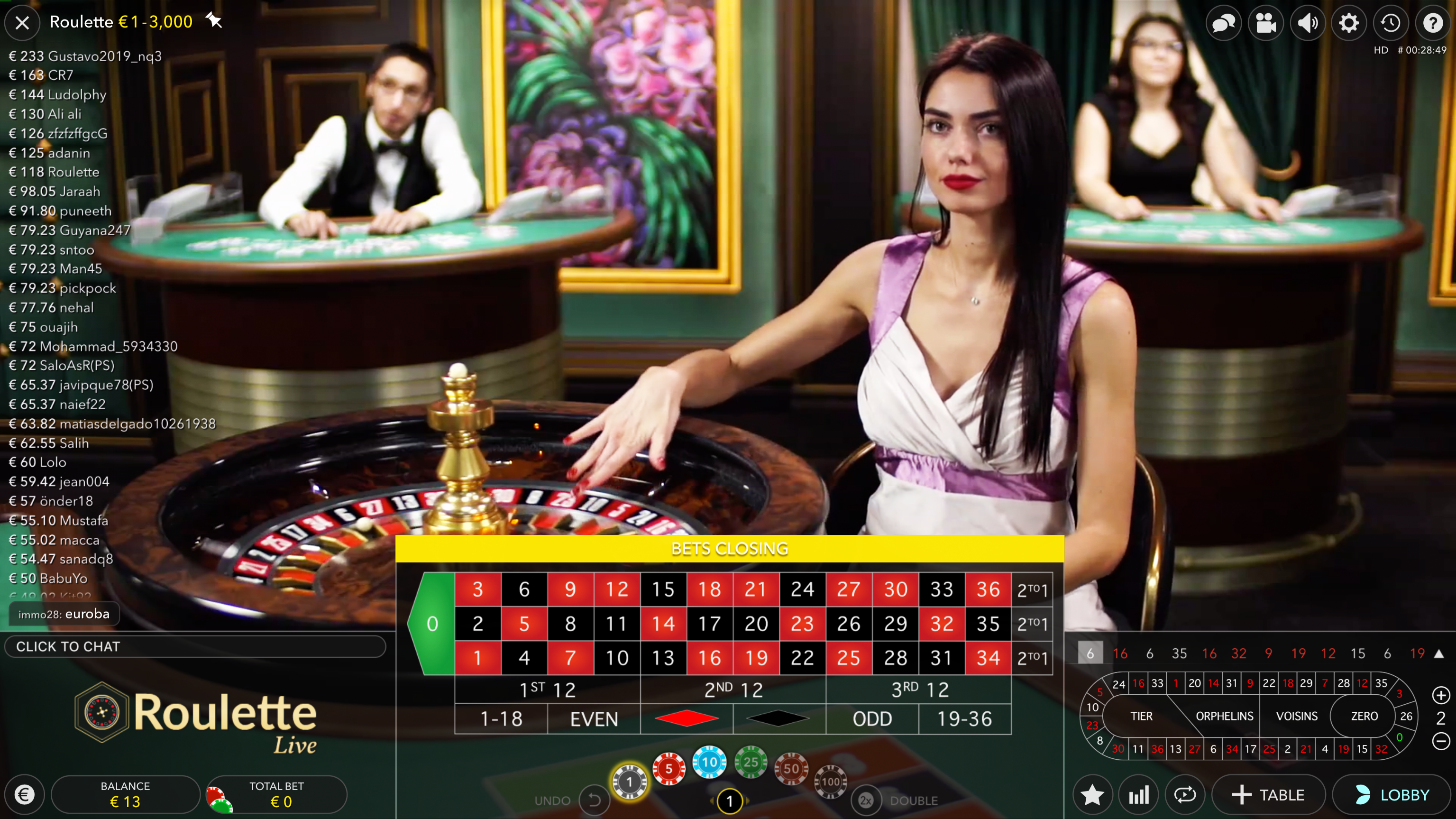
Gambling has been an integral part of human entertainment for thousands of years, evolving through cultures and periods to become the vibrant casino games we know today. From the ancient Chinese and Romans, who engaged in different forms of gambling and luck, to the modern gaming floors of today’s casinos, the allure of risk and reward has enchanted individuals across the globe. The transition from basic dice games and rudimentary betting setups to the opulent settings of contemporary casinos reflects major strides in both cultural standards and technological.
As societies evolved, so too did the complexity of gambling activities, with casino games emerging as a separate category of entertainment and excitement. These activities have transformed from informal gatherings centered around traditional tables to grand, opulent establishments designed to attract players. Today, we delve into this intriguing journey, studying how traditional practices laid the groundwork for the diverse and thrilling casino games that bring joy to countless people worldwide.
spintax
Historical Wagering Traditions
Gambling has deep roots in human past, with evidence of activities of chance originating from ancient civilizations. Archaeologists have uncovered that as far back as 3000 BC, the ancient Chinese were using rudimentary forms of betting with dice made from wood. Similarly, ancient Mesopotamians engaged in gambling activities, often relying on the tossing of lots or dice to determine winners. These early forms of gambling served not only as entertainment but also played crucial roles in social and cultural customs.
The people of Egypt also took part in gambling activities, with games that included betting on the outcomes of various occurrences, including athletic events and religious festivals. Artifacts such as dice and depictions of players from ancient tombs demonstrate that betting was a common pastime. It provided both leisure and a means of engaging in social connections, often linked to festive occasions or major gatherings. This activity showed the universal appeal of chance and rivalry throughout the ages.
In ancient Rome, wagering became a widespread practice among the people, as shown in references in literature and the establishment of guidelines around certain activities. Romans enjoyed a variety of gambling activities, from wagering on horse races to playing games akin to modern-day board games. The legal system surrounding these activities began to take shape, establishing the foundations for betting regulations that would evolve in the centuries to come. The prevalence of betting during this period set the stage for the development of casino games in the future.
The Progression of Casino Games
Gambling games have gone through notable transformations from their origins to the contemporary entertainment offerings. In historical civilizations, gaming was often linked to ceremonial practices, with dice games found in the ancient Mesopotamian region and wagering on the outcomes of events in classical Rome. These early forms of gambling laid the foundation for the formal games we see today. The shift from informal gambling to regulated games happened as societies began establishing rules and venues for wagering, reflecting cultural values and practices.
The Middle Ages saw the rise of card games, which gained fame among European nobility. Games like the first and the game baccarat became staples in social gatherings. The development of printing technology also aided the spread of playing cards, making them more reachable to the masses. As gambling houses began to increase, these card games evolved into variations that catered to wider audiences, eventually leading to the founding of casinos as exclusive venues for gaming.
The 1900s marked a significant point in the progression of casino games, with the growth of commercial casinos in Las Vegas and other gambling hotspots. This era saw the introduction of games like video slots and modern adaptations of table games, complete with advanced graphics and complex betting structures. The advent of online casinos in the tail end of the 1990s also changed the gaming industry, allowing players to access a great variety of casino games from the comfort of their homes. Today, casino games go on to develop, blending traditional elements with advanced technology to create engaging experiences for players around the globe.
Contemporary Gaming Regulations
In these years, the area of gaming regulations has developed substantially, especially as technology and internet-based gaming have become more prevalent. Regulatory bodies around the planet have enacted multiple laws and standards to make certain that gambling activities are conducted fairly, responsibly, and transparently. 8day These regulations often include aspects such as licensing, advertising, gambler protection, and sensible gambling measures. Authorities aim to mitigate issues such as problem gambling and fraudulent activities while fostering a equitable gaming environment.
The rise of online casinos has necessitated a different approach to oversight. Many jurisdictions have created dedicated internet-based gambling structures that cater to internet-based gambling, allowing operators to offer their services within the law. These frameworks often demand operators to secure permits, adhere to strict safety standards, and offer customer support options to assist players. By vigilantly monitoring internet activities, authorities can more effectively protect players from potential harm and ensure that gaming is conducted in a protected manner.
Furthermore, contemporary gaming laws are progressively centering around sensible gaming initiatives. Many gaming establishments and online platforms now adopt features such as self-exclusion, financial limits, and breaks to help players manage their gambling habits. Awareness campaigns aimed at raising awareness about the dangers of gambling are also frequent. As the industry continues to expand, the emphasis on responsible gambling continues to be a fundamental principle of governing efforts, showing a commitment to encouraging a safe and enjoyable gambling experience for all gamblers.